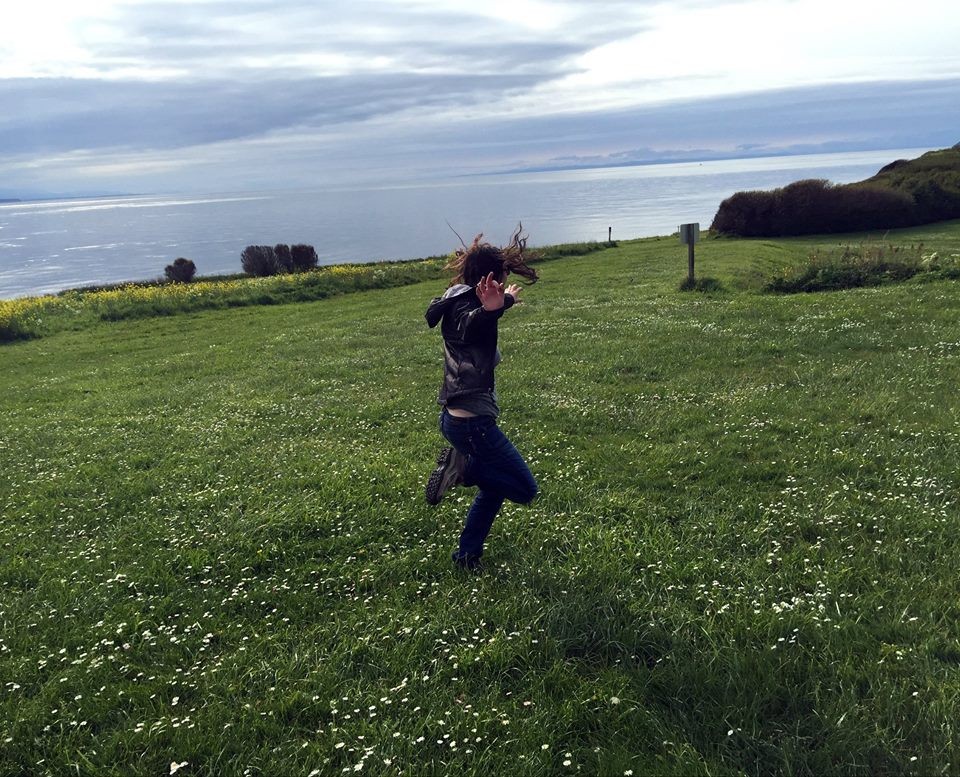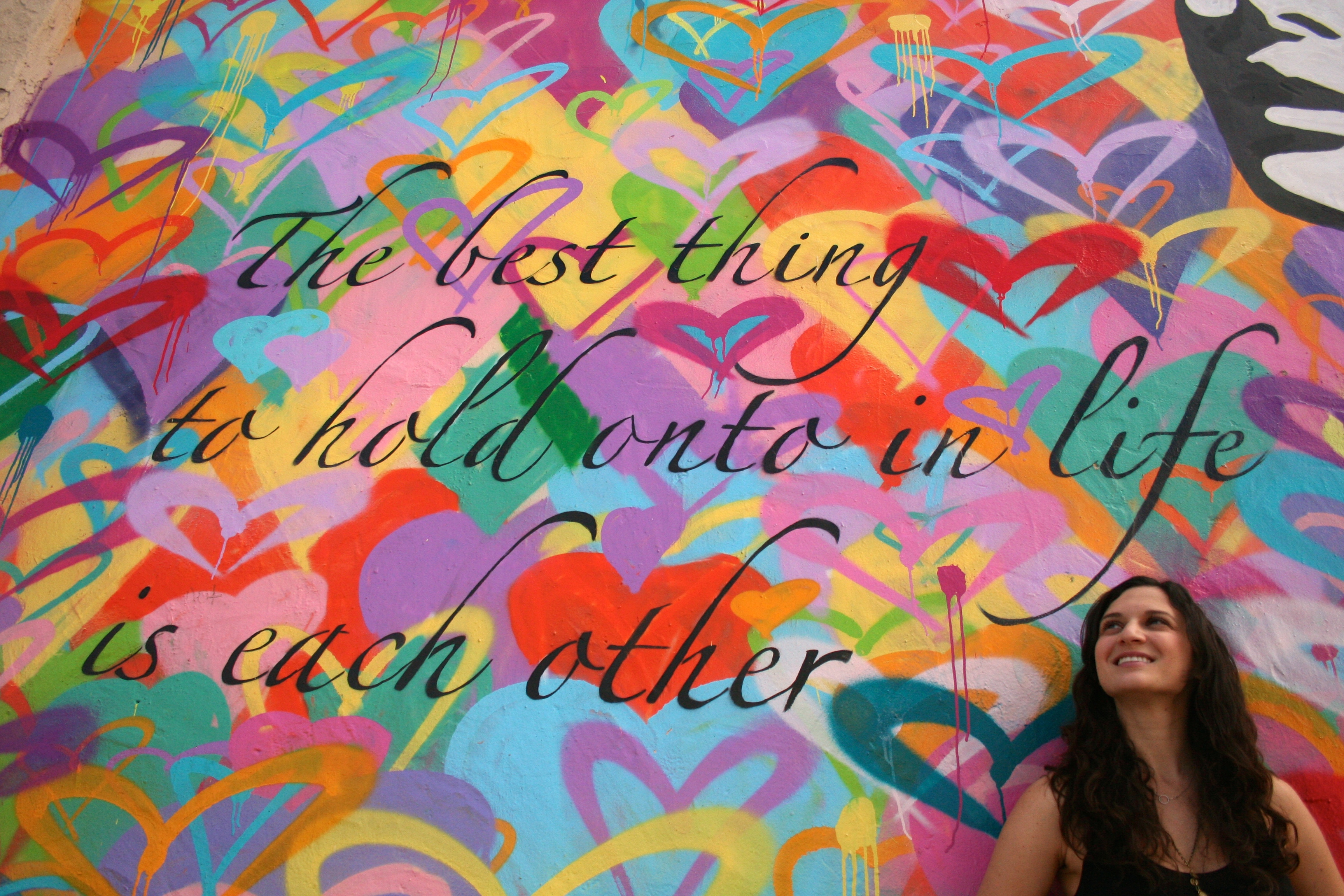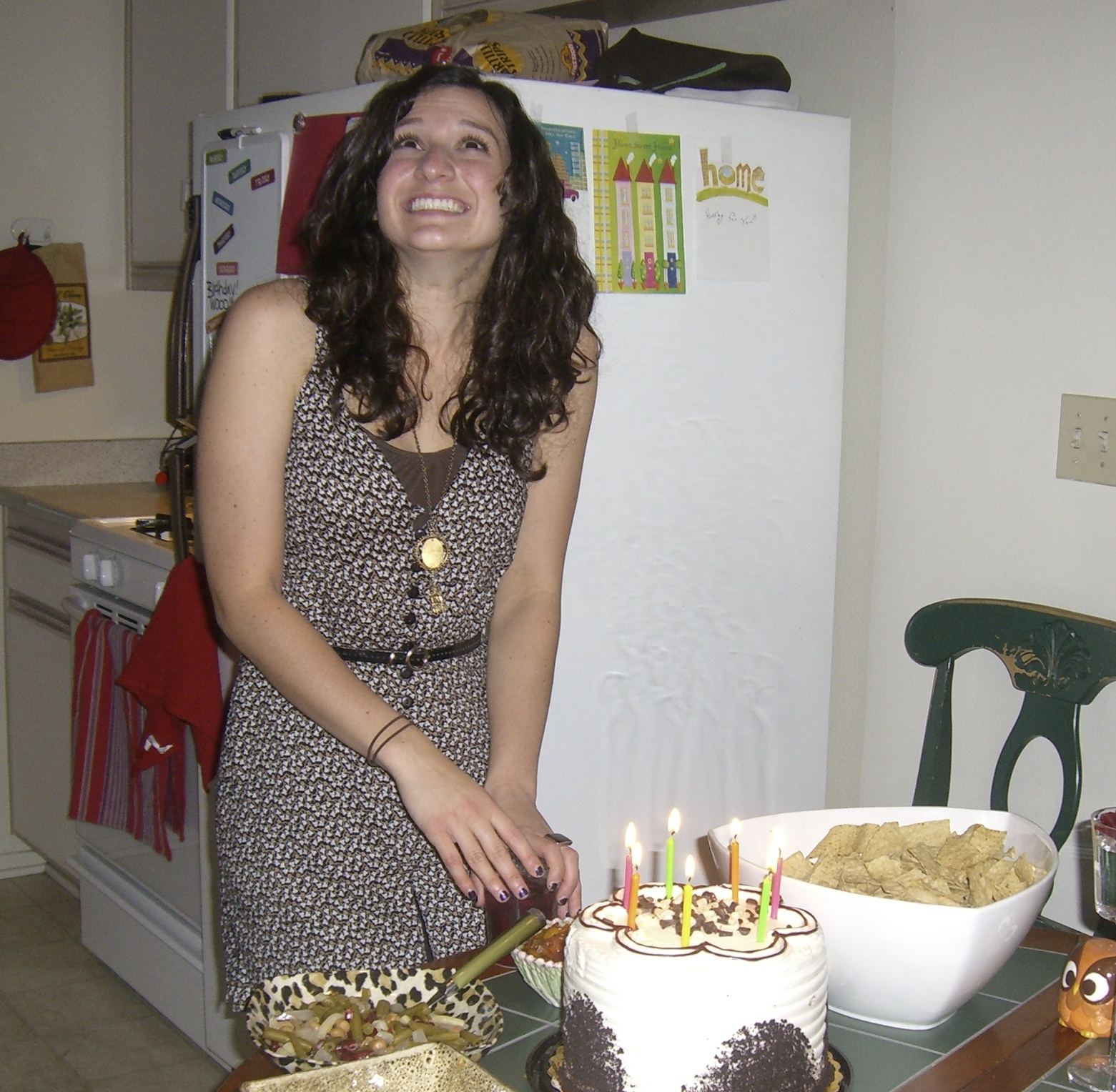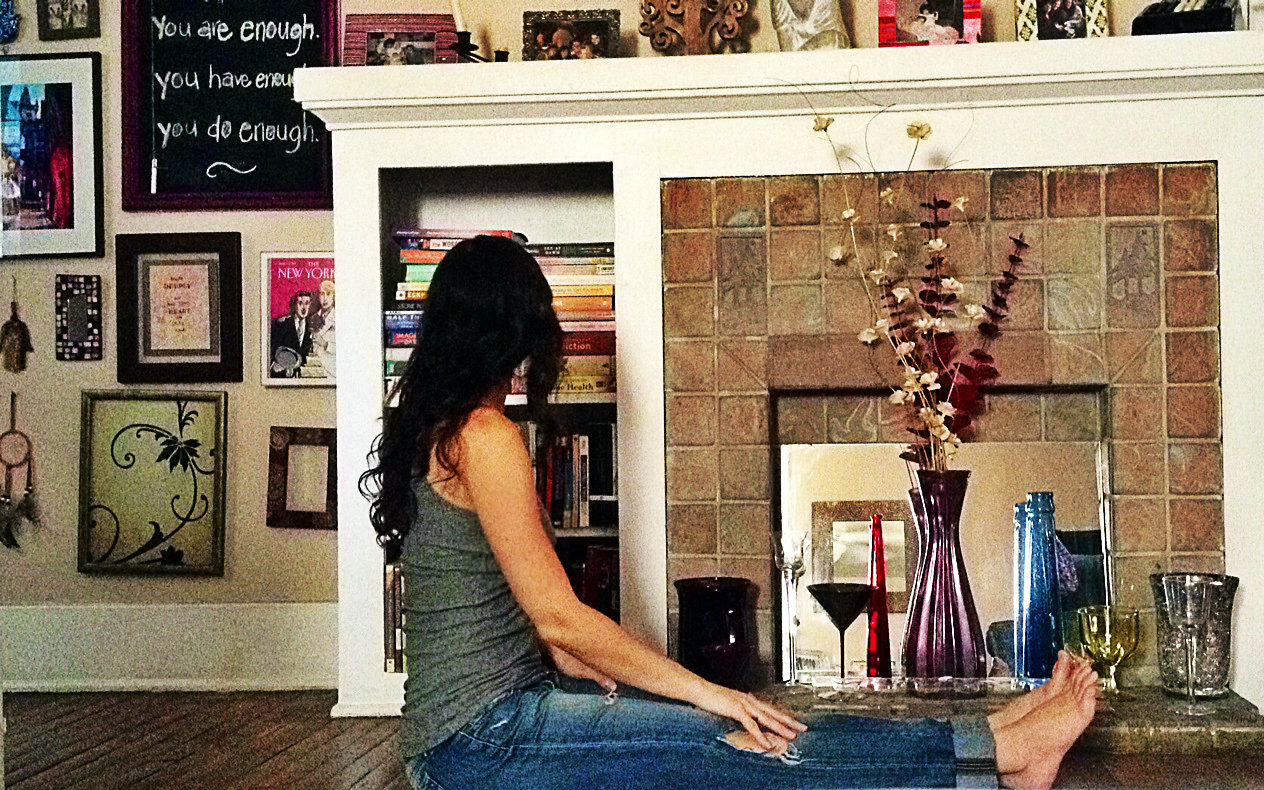In elementary school, my best friend and I would create plays to perform atop a platform next to her backyard pool. We’d take turns performing, and after each skit, we’d strike a pose and jump into the pool. We instinctively switched partners, set time limits, and suggested different scenarios to act out. When we emerged from the water, we were alive with adrenaline, laughter, and elation.
Revisiting the memory itself makes me smile with nostalgia, but it’s more than that. I can return to it in my body as a touchstone for the feeling of pure, unadorned joy. The thing is, the things that make you feel that way sit at the base and the core of the Self.
Although it comes to us naturally and almost thoughtlessly during childhood, this type of play and exploration teaches us a great deal. It’s where we learn what we like, who we like, and who we are. Because we don’t impose a specific goal, meaning, or identity on our play, we are free to enjoy a lot of different things, be beginners, and continue to explore further. We give ourselves over to whatever brings us joy in that moment. This is presence.
While it’s easy to dismiss these echoes of joy as a fanciful childhood souvenir that resides only in the past, I urge us not to do so. Although it may feel like that kind of joy has no place in our grown-up lives (true, as children we had fewer responsibilities and lacked a certain kind of self-consciousness), but in believing that these kinds of experiences are reserved for children, we abandon wisdom for the appearance of maturity. Play is not reserved for the playground. As adults, play is just as, if not more essential to our wellbeing as individuals and as partners in relationships.
Curiosity and imagination are two friends we should hold onto for dear life. As kids, curiosity delivered us to our interests and hobbies. We followed those into adulthood where we learned that our hobbies are neither lucrative nor useful. Mainstream society rewards us for practicality, even cynicism, not curiosity. Doing things simply because we like them or simply because they make us feel good is way down on the to-do list below figuring out how to make money, doing our taxes, and grocery shopping – if it makes the list at all.
Using our brain and body for play gives us the opportunity to surprise ourselves. And while it doesn’t seem as productive as figuring out our 401Ks, it actually ensures that the more logical work we have to accomplish will be completed from a grounded, sane place. It nourishes our insides, makes us feel healthier and more easeful, and it keeps relationships (romantic and otherwise) ALIVE. When we’re alive and experiencing life with our whole bodies, when we know what it feels like to feel good, we can act in ways that wouldn’t have occurred to us without honoring the space and time devoted to silliness, without following curiosity and finding joy in the moment.
This is pretty scary for adults, though. We are “supposed to” have a certain level of knowledge and understanding about the world that often prevents us from being comfortable as beginners. Our curiosity may lead us into uncharted territory; we may be drawn toward writing plays when we’ve spent most of our adult life doing accounting. We may know zilch about writing plays. It takes courage and energy to set aside fear, prioritize something that maybe only you will ever value, and open up that Playwriting for Dummiesbook.
Somewhere we picked up the idea that if there’s not a clear goal, the activity has no merit. Our over-stimulated brains have missed the seemingly counter-intuitive fact that inviting space and play into our lives actually improves everything – our ability to relax and access our needs and intuition, and those shared experiences bring us closer to the people we treasure. We fall into ruts and often see only the cause and effect of situations: we work to make money, we sleep so we can go to work the next day, we fool around with our partners with the end goal of having sex. This way of thinking turns enjoyable activities into bullet points on a list.
In romantic relationships, the importance of play and silliness expands tenfold. We often get bogged down with the ho-hum logistics of everyday life; there are bills to pay and important issues to be discussed. We get bored or overly comfortable, and try to use our intellectual capacities to “figure it out.” We forget to use what we’ve had all along – our ability to play, our curiosity.
When we play with our partners, we enter into an entirely new type of communication and intimacy. Perhaps we let go of the idea that all touching leads to sex and instead, we fool around – like teenagers way past curfew. It may feel uncomfortable and vulnerable at first to shift this perspective and to try something we’re familiar with in a different way. We may have to try harder than we did on the playground, but it’s possible to make fun just as much a part of our lives as adults.
Bringing the play back into our partnerships is essential. In joy, there is presence, which leads to creativity and connection. From creativity and connection, anything is possible.





No Comments